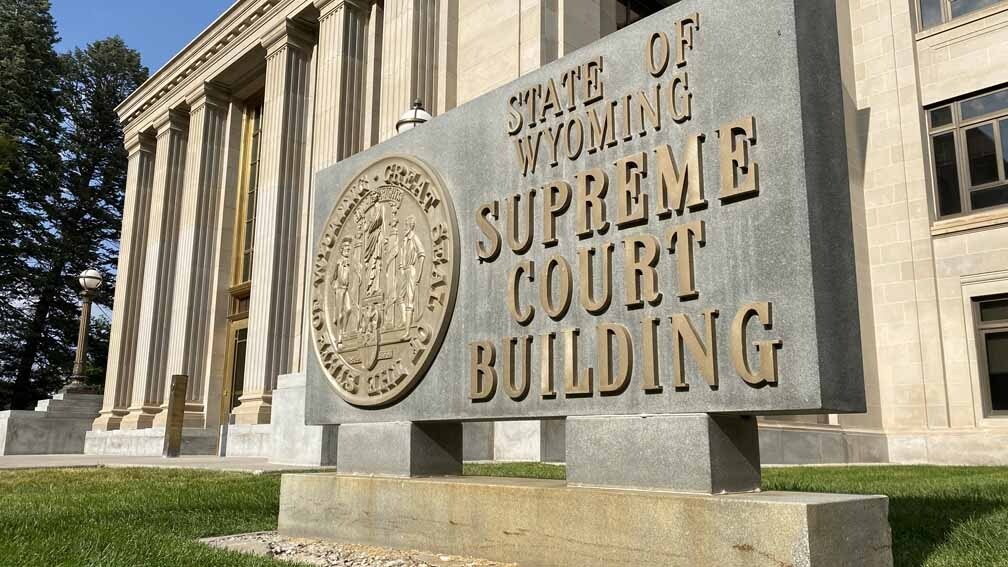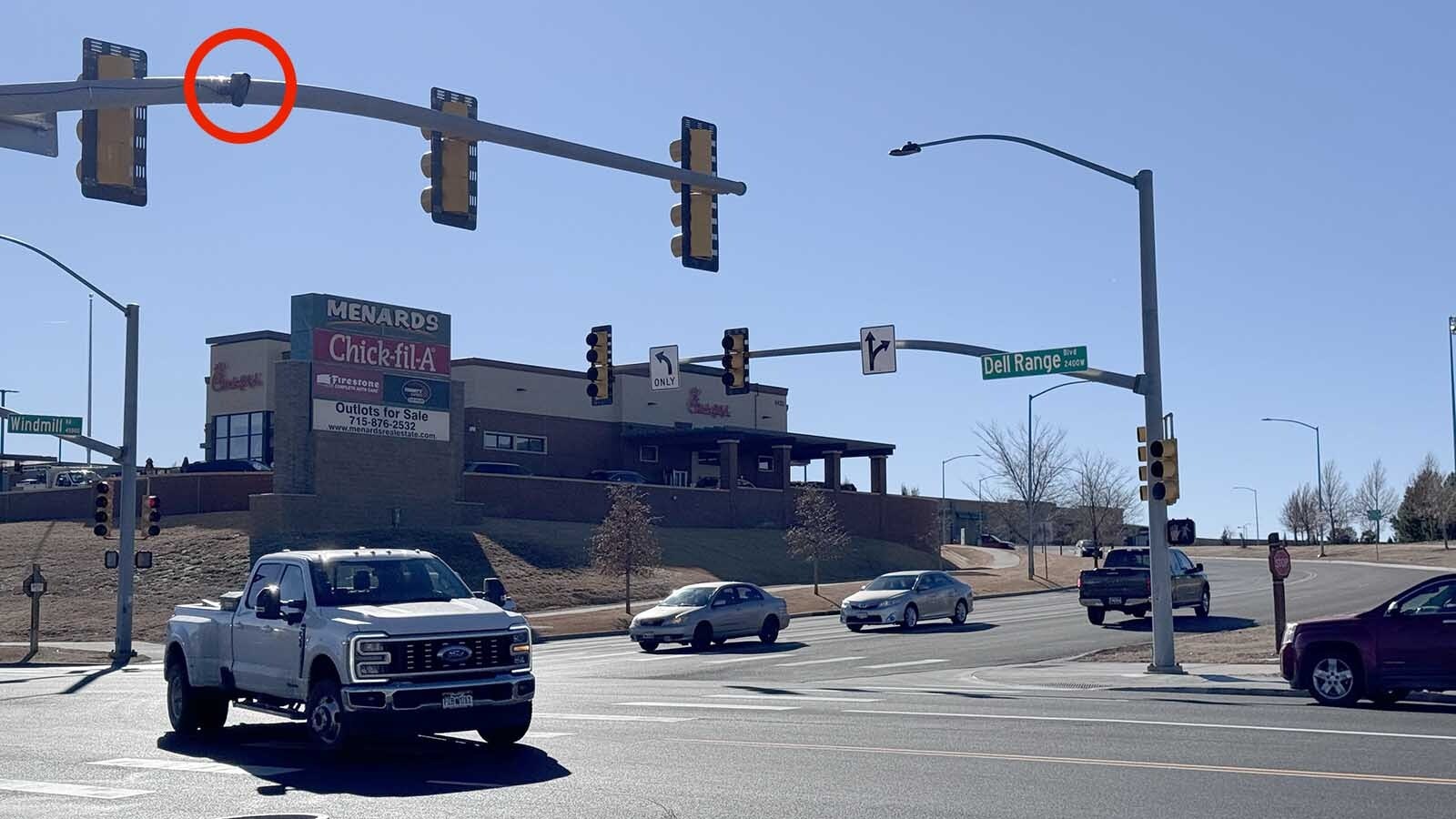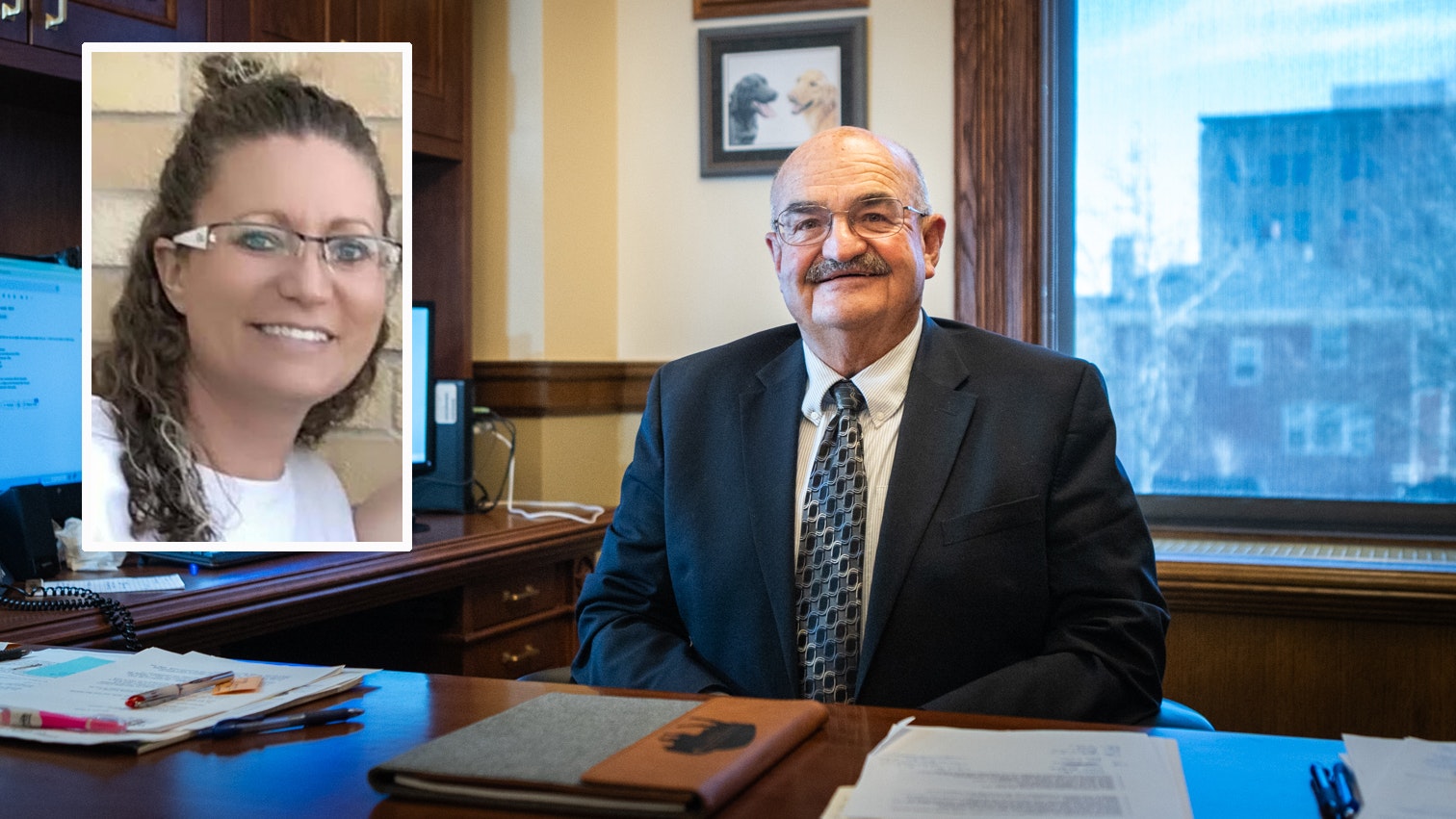A man convicted when he was a teenager of murdering a Fremont County Sheriff’s deputy recently lost his appeal of his life sentence.
The Wyoming Supreme Court upheld the sentence of John Michael Sides Jr., convicted of murder in 1995, when he was 17.In a unanimous ruling, justices also said Sides could not withdraw the guilty plea in the murder he entered 26 years ago.
According to the ruling, Sides shot and killed Deputy Steve Crerar as Crerar was returning Sides to the Wyoming Boys’ School in Worland. Sides removed one of his handcuffs, took Crerar’s gun and used it to shoot the deputy in the head.
Sides pleaded guilty to first-degree murder and attempted second-degree murder and was sentenced to two life terms in prison, to be served one after the other — essentially a sentence of life without parole.
But in 2012, the U.S. Supreme Court ruled that it is unconstitutional to sentence a teenager to life without the possibility of parole and Sides in 2019 asked that his sentence be corrected. The court changed the sentences to run at the same time instead of one after the other.
But the district court also refused to hear Sides’ claim that he was unconstitutionally denied parole by the state Board of Parole. The court said it had no authority over the Board of Parole’s decision and the Supreme Court agreed.
“(Sides’ claim) is an argument directed at the BOP’s administration of his sentence,” said the ruling, written by Justice Kari Gray. “The district court lacked jurisdiction to consider the issue.”
Nor did justices allow Sides to withdraw his guilty pleas, finding that the time period to appeal his original conviction had passed by the time he raised the issue in 2019.
Justices also rejected Sides’ appeal of the sentence he received for stabbing a Wyoming State Penitentiary teacher about six months after beginning his sentence in Crerar’s murder. He was still 17.
In that sentence on a charge of attempted first-degree murder, Sides was sentenced to life in prison with the possibility of parole after 25 years.
Sides argued that when the sentences in the two cases were added together, it amounted to an unconstitutional life sentence without the possibility of parole.
But justices found that because the two crimes were not related, Sides was appropriately sentenced to life in prison in each one.





